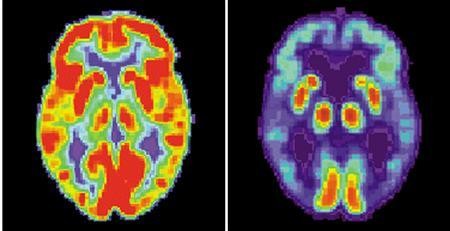A recent study has shown that gene adaptation protected a small group of Papa New Guinea's Fore tribe from various dementia brain diseases, such as the mad cow-like kuru. After eating dead relatives' brains, a small percentage of the tribesmen were protected from the plaque-like prion protein, due to gene mutation.
The study was published recently in the journal Nature.
During the late 1950s the Fore tribe's brain-eating practices resulted in about 2 percent of the members dying yearly from kuru, according to UPI. The tribe has since ended the cannibalistic practice.
Prions are neural proteins that stick together to form polymers. They slowly destroy neural pathways and form brain holes.
Scientists believe that prion plaques have a big role in other neural diseases' development, such as Alzheimer's. Gene mutations could protect brains from Parkinson's diseases and other types of dementias.
The gene mutation that protected the Papa New Guinea inhabitants from kuru was V127.
Researchers at University College London (UCL) duplicated the mutation in mice. They discovered that V127 protected the rodents from Kuru and Creutzfeldt-Jakob, the human version of mad cow disease, according to UPI.
Dr. Emmanuel Asante shared in a press release that the researchers were expecting the mice to have a moderate amount of disease resistance. However, they were "completely protected" from all prion strains.
Scientists explained that eating brains did not itself cause the anti-prion gene to reproduce. The kuru outbreak provided an evolutionary edge to the tribesmen with the gene mutation.
John Collinge, one researcher, explained the study's result as an incredible example of Darwinian evolution. One genetic mutation provided "complete protection" against dementia.
About 47.5 million people worldwide have dementia, according to Reuters. The figure is projected to nearly triple to 135.5 million by 2050.



























